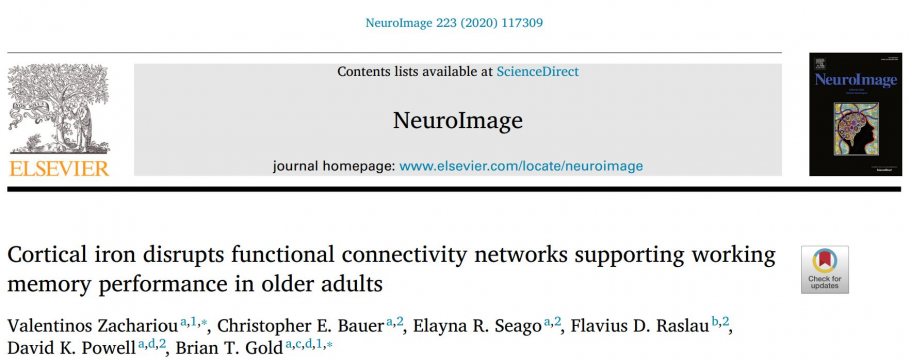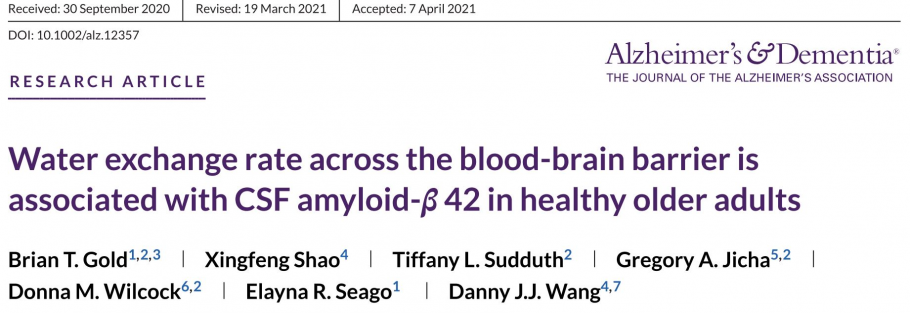Human Research Projects
Dr. Wesley’s Neurobehavioral Systems Lab (NSL)
https://behavioralscience.med.uky.edu/bscience-neurobehavioral-systems-lab
The NSL is a hub for innovative cross-disciplinary and team-science work in the University of Kentucky College of Medicine. The NSL aims to understanding the brain(neuro)–behavior(behavioral) dynamics(systems) underlying clinical disorders, with an emphasis on drug use disorders. We rely on neuroimaging (e.g., fMRI, perfusion, spectroscopy), clinical pharmacology (e.g., oral and intravenous drug administration), non-invasive brain stimulation (e.g., transcranial electric and magnetic stimulation), and behavioral modeling (e.g., probabilistic reinforcement learning) techniques to gather multimodal information from individuals with psychiatric conditions. We then apply advanced statistical approaches, including multivariate pattern analysis, to help understand and exploit the resultant complex data for scientific and clinical benefit.
Ongoing NIH-funded studies focus on better understanding context-dependent learning and decision-making dynamics in cannabis, cocaine, and opioid use disorders.
Neural and Hormonal Factors Underlying Sex Differences in Risk for Alcohol Use Disorder (AUD)
Dr. Weafer’s Substance Abuse Research Laboratory
Neural and Hormonal Factors Underlying Sex Differences in Risk for Alcohol Use Disorder (AUD)
Dr. Weafer’s research focuses broadly on identifying neurobiological factors underlying sex differences in risk for alcohol and drug abuse. Given the alarming increase in drinking among young women over the past twenty years, it is critical to identify risk factors that are specific to women. Dr. Weafer’s current research combines behavioral, hormonal, and neuroimaging techniques to investigate sex differences in both causes and consequences of alcohol and other drug consumption.
We are currently conducting two studies in the MRISC. In one study, we are investigating sex differences and the role of menstrual cycle phase and sex hormones on acute alcohol effects on neural inhibitory function. For this study, participants undergo fMRI during IV alcohol infusion. The second study is investigating sex differences and the role of menstrual cycle phase and sex hormones on neural correlates of three addiction domains: inhibitory control, alcohol cue reactivity, and negative affect.
Ultimately, it is our hope that this line of research will allow for the identification of sex-specific risk factors, and the development of sex-specific prevention and treatment efforts, for alcohol and drug addiction.
Visual Cognition
Dr. Gold’s Cognitive Neuroscience of Aging Lab (CNA Lab)
Neuroimaging of Brain Aging, Cognitive Decline and Cognitive Reserve
https://sites.google.com/view/gold-cognitive-aging
Studies in the CNA lab seek to link age-related MRI changes with biological mechanisms and cognitive function. The three inter-related goals of our research are to identify: (1) the combination of neuroimaging metrics that best predict age-related cognitive declines; (2) associations between these metrics and biofluid markers of pathology; and (3) factors that attenuate age-related neurocognitive declines.
Most of our studies focus on participants aged 60 years old and above, recruited from the Lexington community and/or from UK’s Sanders-Brown Center on Aging (SBCoA), the latter whom donate blood samples and cerebrospinal fluid as part of their enrollment. Participants spend about 45 minutes in the MRI scanner, while a battery of structural and functional brain images are collected.

